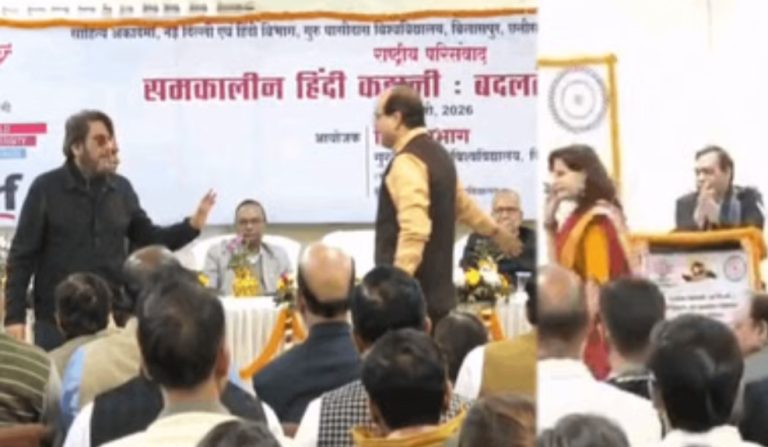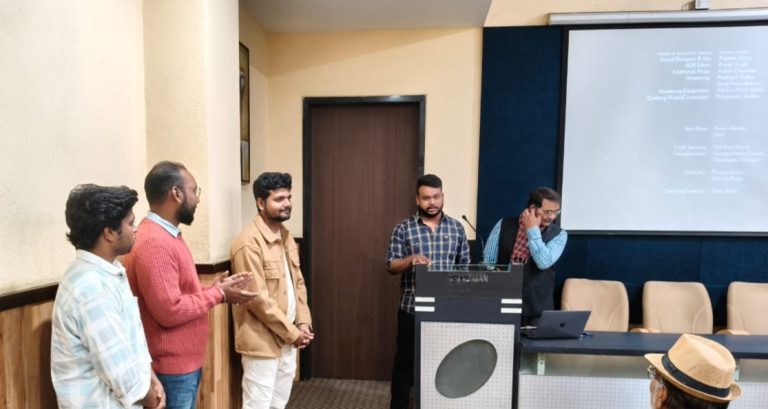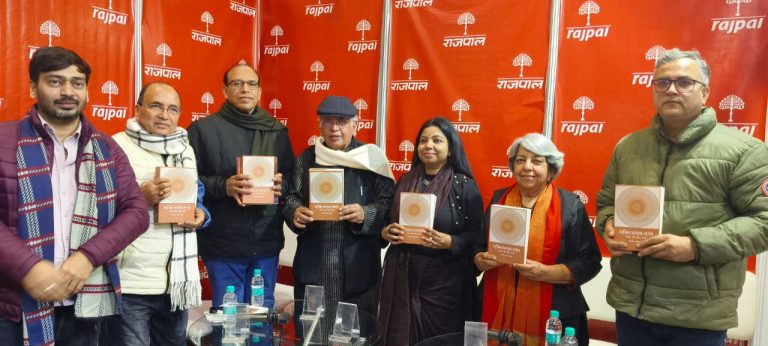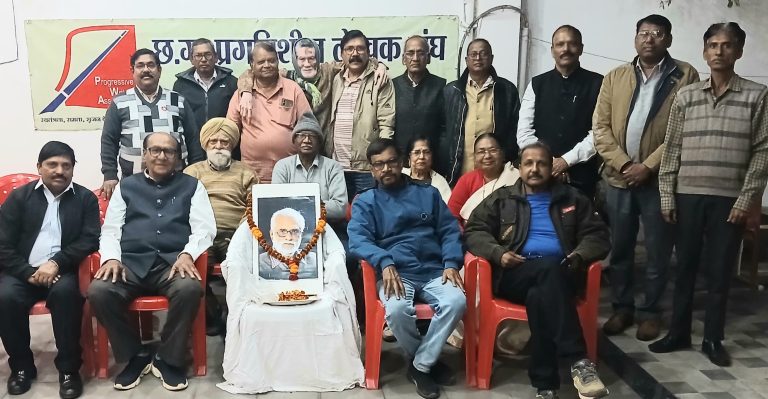
New Delhi:
Apart from four Congress-ruled states – Punjab, Rajasthan, Chhattisgarh and Madhya Pradesh, there are two National Democratic Alliance-ruled states as well that have opposed the exercise – Bihar and Tamil NaduWest Bengal, Kerala, Telangana and Andhra Pradesh are the other states in opposition to the move. Puducherry is the second UT in this list. Some of these states and UTs have expressed fear that NPR is the first step towards the contentious NRC that has been protested nationwide since the amendments to the Citizenship Act in December 2019.These 12 governments want to conduct the NPR exercise according to its 2010, and not the 2020, format.
In the 2020 format, applicants are required to give details of date and place of parents’ birth and mother tongue. The other questions that have been added this time include details of applicants’ Aadhaar number, passport number, mobile phone number, voter ID number, and driving license.
The NPR, a UPA-era initiative that seeks to identify long-term residents of an area for better welfare delivery, is a register of “usual residents”. This is described by the home ministry as individuals who have been residing in an area for at least six months or intend to stay in a particular location for the next six months.
Amit Shah’s conciliation attempts
In his Rajya Sabha speech Thursday, Home Minister Amit Shah sought to address the opposition’s fears that individuals will be targeted by being marked as “doubtful citizens”. While saying that the exercise is not against minorities, Shah clarified that no individual will be categorised as “doubtful citizens” if the person is unable to provide the required information.
The ‘D-voter category’ was first introduced in Assam in 1997 to identify residents with doubtful citizenship credentials. Such individuals are mentioned in the electoral rolls but have a ‘D’ marked against their name, which means they can’t vote.While the home minister stressed the fact that no individual will be marked doubtful, the Citizenship Rules 2003 — a legal framework for conducting the exercise — states that the enumerator carrying out the exercise will mark and write remarks for individuals that he/she feels are “doubtful citizens”. However, the rules are not clear on the factors that will decide an applicant’s identification as “doubtful citizens”.
States and UTs in opposition
With the NPR exercise set to begin next month, along with Census 2021, it may become a tough job for the Narendra Modi government without cooperation from officials of the state governments.
On the day the home minister made attempts to address fears, the Tamil Nadu government, which is led by the ruling Bharatiya Janata Party’s ally All India Anna Dravida Munnetra Kazhagam (AIADMK), said it will not issue a notification to carry out the NPR exercise as the Centre didn’t respond to a set of queries raised by it.
This came just weeks after the Nitish Kumar government in Bihar, where BJP is part of the ruling coalition, announced that the state won’t conduct the exercise according to the 2020 format.States that had so far maintained a neutral stand have also started moving against it now. On 2 March, the Andhra Pradesh government decided to hold off on the NPR implementation. In a couple of tweets, Chief Minister Y.S. Jagan Mohan Reddy said some of the questions that are part of the revised 2020 format are “causing insecurities in the minds of minorities” of Andhra and requested the centre to stick to 2010 format.The move came on the back of a similar decision by the K. Chandrasekhar Rao government in Telangana last month.
Opposition Congress-ruled Punjab, Chhattisgarh, Rajasthan, Madhya Pradesh and Puducherry have already said no to implement NPR in its current format, with Punjab being the first one to pass a resolution against it in January.Pressure is also mounting on the government in Jharkhand, where Congress is an ally, to hold off on the exercise. In January, the Kerala government also said that it won’t implement NPR, pointing out that the decision was taken to maintain law and order in the state. However, the Pinarayi Vijayan regime said it would cooperate with the normal Census process. The Mamata Banerjee government in West Bengal has also been firm in its opposition to NPR in its 2020 format.
By – Neelam Pandey, ctc: The Print





